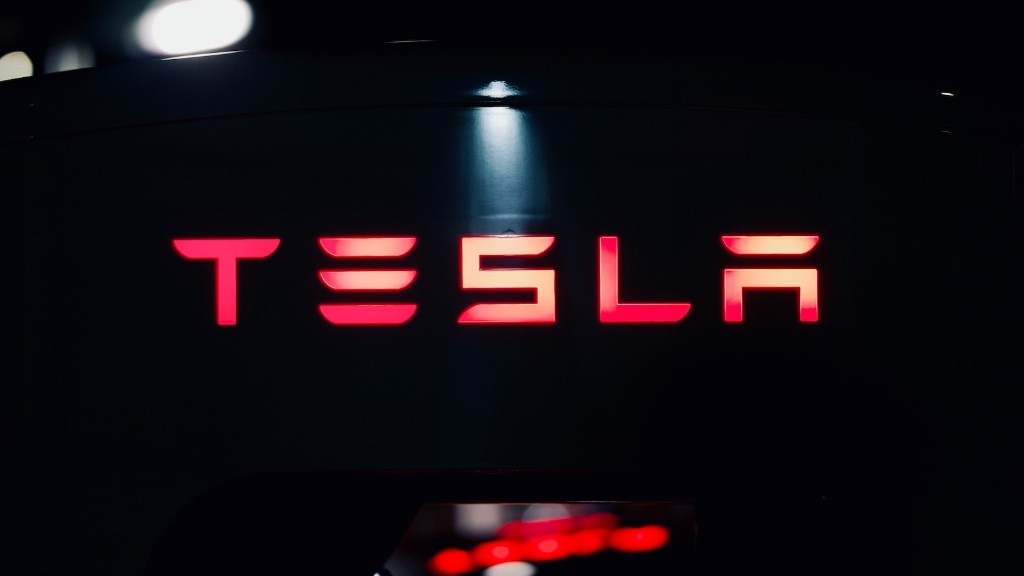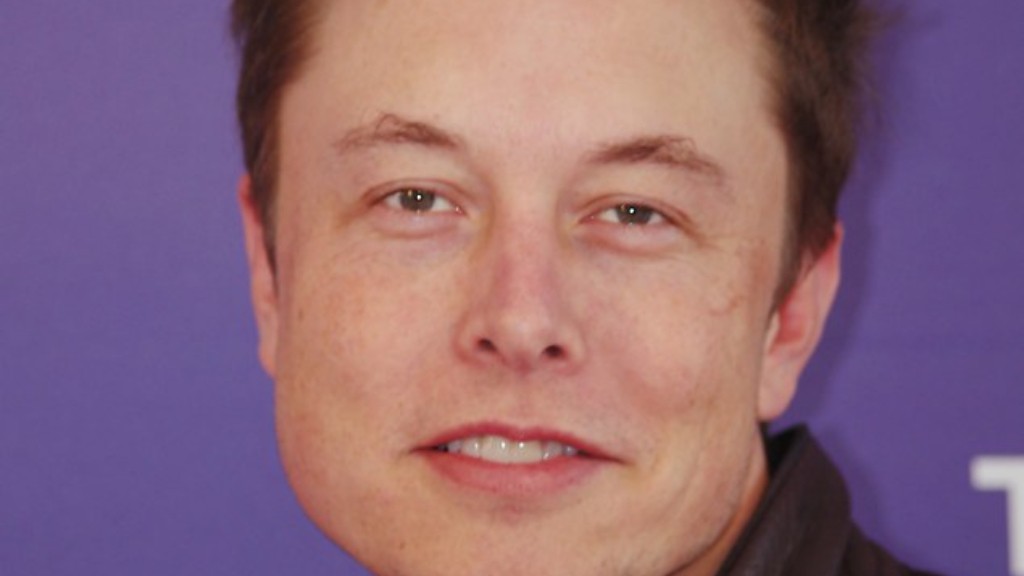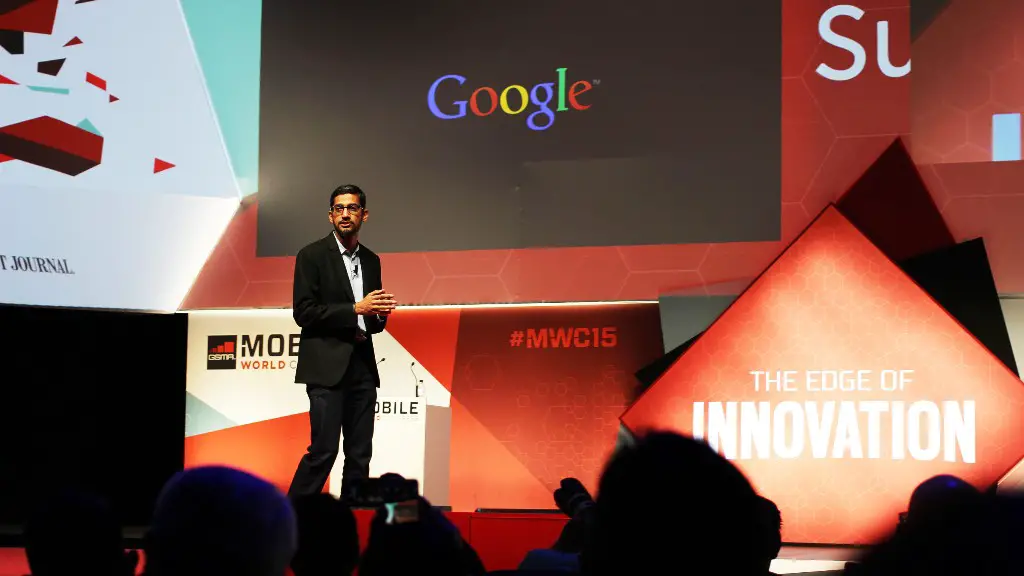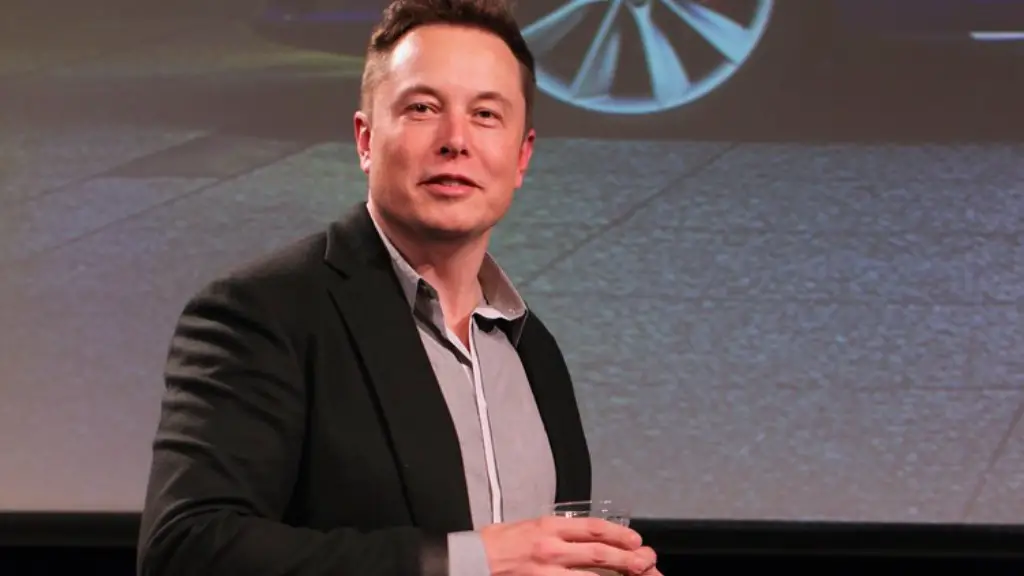Is Twitter Selling to Elon Musk
The tech world has been abuzz for days about the possibility that Elon Musk is in talks to buy Twitter. Musk, the founder of numerous successful companies, including Tesla, SpaceX, and The Boring Company, has been vocal about his thoughts on the platform, as well as his plans to potentially buy it. What does this mean for Twitter and other social media platforms? To answer this, an investigation into the reasons why Musk would theoretically want to purchase Twitter must take place.
When it comes to the potential acquisition, some are excited about the idea of Musk owning Twitter, hoping that good changes will follow, such as improving the platform’s reputation for toxicity and safeguarding against data exploitation. Others, however, are wary of the idea, as it would likely lead to further centralization, giving Musk too much power in the tech world. Moreover, it remains to be seen if the acquisition will even go through, and even if it does, if it will actually have any substantial impact.
Musk’s Motives
There are a few potential reasons why Musk might be interested in buying Twitter. The most obvious is that he is an avid user of the platform, with over 43 million followers, and has played a major role in shaping the platform’s reputation in recent years. Moreover, he is famously outspoken on social media and has expressed interest in changing the way Twitter works and making it better. It stands to reason, then, that he would want to take control and make the changes. He might also see it as an opportunity for building his brand and boosting its recognition.
Additionally, there is speculation that he could see a business opportunity in owning Twitter. Despite its reputation for toxicity and controversies concerning user data, the platform is still popular and has many users. This could be a potential source of revenue for Musk, especially if he can fix the issues and make the platform more appealing. Also, this could be a way for Tesla, SpaceX, and his other companies to gain more visibility and promote their products.
Data Protection & Copyright Concerns
Furthermore, if Musk does buy Twitter, there are additional concerns that must be addressed. One of them is data protection and copyright. Twitter is a platform that allows its users to create, post, and share content. It has in place a set of rules and regulations that govern how content can be used. However, if Musk takes control of the platform, there is a risk that the rules may change, which could cause problems for users and creators.
Another concern is related to the monopoly that this could create. If Musk does take over Twitter, then he will have control over a major social media platform, giving him a disproportionate amount of power in the tech world. This could create a monopolistic environment, where it is difficult for other companies to succeed. This is not a desirable outcome, as it could stifle creativity and innovation.
Expert Insight
Various experts in the tech industry have weighed in on this potential acquisition and its implications. Most of them agree that it would be a good thing for Twitter, as it could lead to improvements in safety, security, and user experience. However, many also caution that it could lead to significant changes in the way the platform works and it is important to be careful in this area.
“This could be a great opportunity for Musk to improve the user experience and make the platform safer,” says Marcia Smith, a senior software engineer at Twitter. “It could also open up new possibilities for the platform, such as allowing users more control over their data and better copyright protection. But it is important to ensure that the changes he makes do not have an unintended impact on the way the platform works and how content is shared.”
Alan Hansen, a digital marketing specialist from Google, shares a similar perspective. “This could be a great opportunity for Twitter to take a step forward in terms of user experience and safety,” he says. “However, it is important to consider the implications for other tech companies. A platform this size in the hands of one individual could give them too much power and create a monopolistic environment.”
Analyzing the Financials
When it comes to the potential acquisition, it is important to consider the financial implications. Although it is difficult to put an exact figure on the deal, analysts have estimated that it could cost Musk around $20 billion to purchase Twitter. This is a significant sum of money, but it may be worth it if it leads to significant improvements in the platform and its use. Additionally, it could also enable Tesla, SpaceX, and Musk’s other ventures to gain more visibility and access to millions of users.
Furthermore, analysts have also said that there is a good chance that the acquisition will be successful. Despite being a powerful platform, Twitter has been struggling to expand its user base and grow its revenue, and this could be the solution. Additionally, the potential acquisition has been received favorably by investors, who see it as a potential opportunity for Musk to capitalize on the platform.
Performing a Cost-Benefit Analysis
The next step is to perform a cost-benefit analysis of the acquisition. On the one hand, it could lead to substantial improvements in user experience and safety, and could be a potential source of revenue for Musk. On the other hand, it could lead to data protection issues, a monopolistic environment, and an influx of bad publicity if the changes turn out to be unpopular. All of these factors must be taken into consideration before the acquisition is finalized.
It is also essential to understand the political implications of the acquisition. Musk is a polarizing figure, and this could lead to a backlash against him and the companies he is associated with. It is also important to remember that Twitter is a platform that relies heavily on user content, and any changes that are made could potentially affect how this content is shared and used.
The Impact of Social Media Regulations
Moreover, it is crucial to consider the potential impact that this could have on social media regulations. Twitter is already subject to a number of rules and regulations, and if Musk takes ownership of it, then these could potentially become stricter. This could have a negative effect on free speech and the ability of users to express themselves freely. It is also worth noting that if Musk owns the platform, then he will enjoy immunity from some of the regulations, obscuring his accountability.
Marketing Potential
The final factor to consider is the potential marketing opportunities that this acquisition could create. Owning a major social media platform could give Musk’s other ventures increased visibility and provide them with a platform for promoting their products and services. It could also lead to more content being created and shared, which could increase the brand’s reach and impact. Additionally, it could also be a way for Musk to confront his critics and try to shape public opinion in his favor.
Are There Any Alternatives?
An important question to consider is if there are any alternatives to an acquisition. For example, could Musk attempt to make improvements to the platform without actually taking ownership of it? Or could he leverage his influence to make changes? These are questions that will need to be addressed if the acquisition does not come to fruition.
Ultimately, it is difficult to predict what will happen if Musk does take ownership of Twitter. It could lead to substantial changes for the platform, for better or for worse. It is also essential to consider the political and marketing implications of the acquisition, as well as the impact it could have on user data, copyright issues, and other forms of regulation.
Impact on Other Social Media Platforms
If the acquisition does go through, then it is likely that other social media platforms will be affected in some way. A change this significant could have a ripple effect, with many other companies trying to capitalize on the opportunity. It could also lead to more consolidation in the space, with larger companies attempting to buy out smaller ones and increase their influence.
Furthermore, it could also lead to more stringent regulations, as platforms try to prevent a similar situation from occurring in the future. Additionally, it could present an opportunity for other companies to differentiate themselves by offering something that Twitter does not, namely more user control and better data privacy.
Assessing the Risks
When considering an acquisition of this magnitude, it is important to assess the risks. For example, what happens if the acquisition doesn’t go through? What implications does it have for Musk’s other companies? Could there be an antitrust investigation if the acquisition does go through? These are all questions that must be answered before this deal is finalized.
Additionally, it is essential to consider the impact that this could have on public opinion. Given Musk’s polarizing nature and the potential implications of the acquisition, it is highly likely that it could lead to a backlash. It is therefore important to consider how this will be managed and how public opinion can be shaped in a positive way.
Developing a Clear Strategy
Ultimately, any potential acquisition of Twitter by Musk must be approached with caution. There are many factors that need to be considered before the deal is finalized, and it is essential to develop a clear strategy for managing the risks and navigating the implications. In addition, it is important to determine the potential benefits of the acquisition, both for Musk’s other ventures and for Twitter itself.
This is a complex situation with no clear answer. However, it is crucial to analyze the potential implications and assess the risks before making a decision. It is also important to consider the potential benefits and how they can be maximized, should the acquisition go through. This is a major decision, and it is essential to weigh all of the pros and cons before proceeding.



